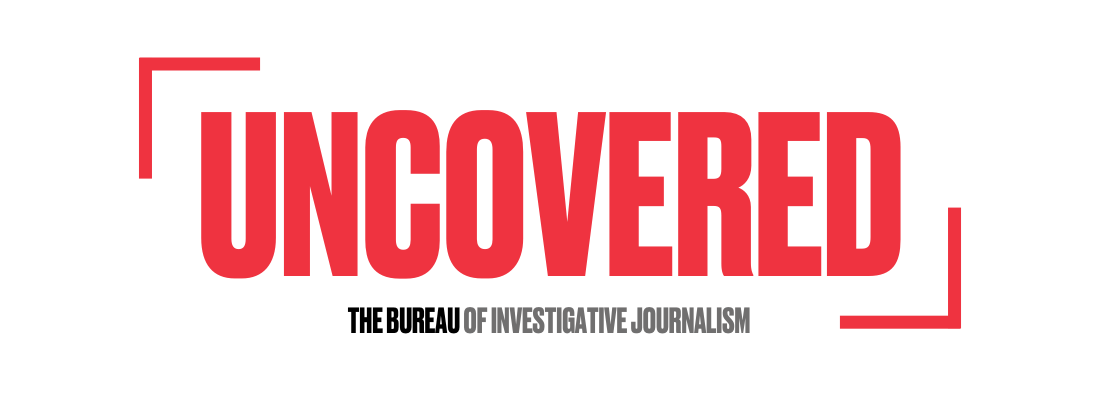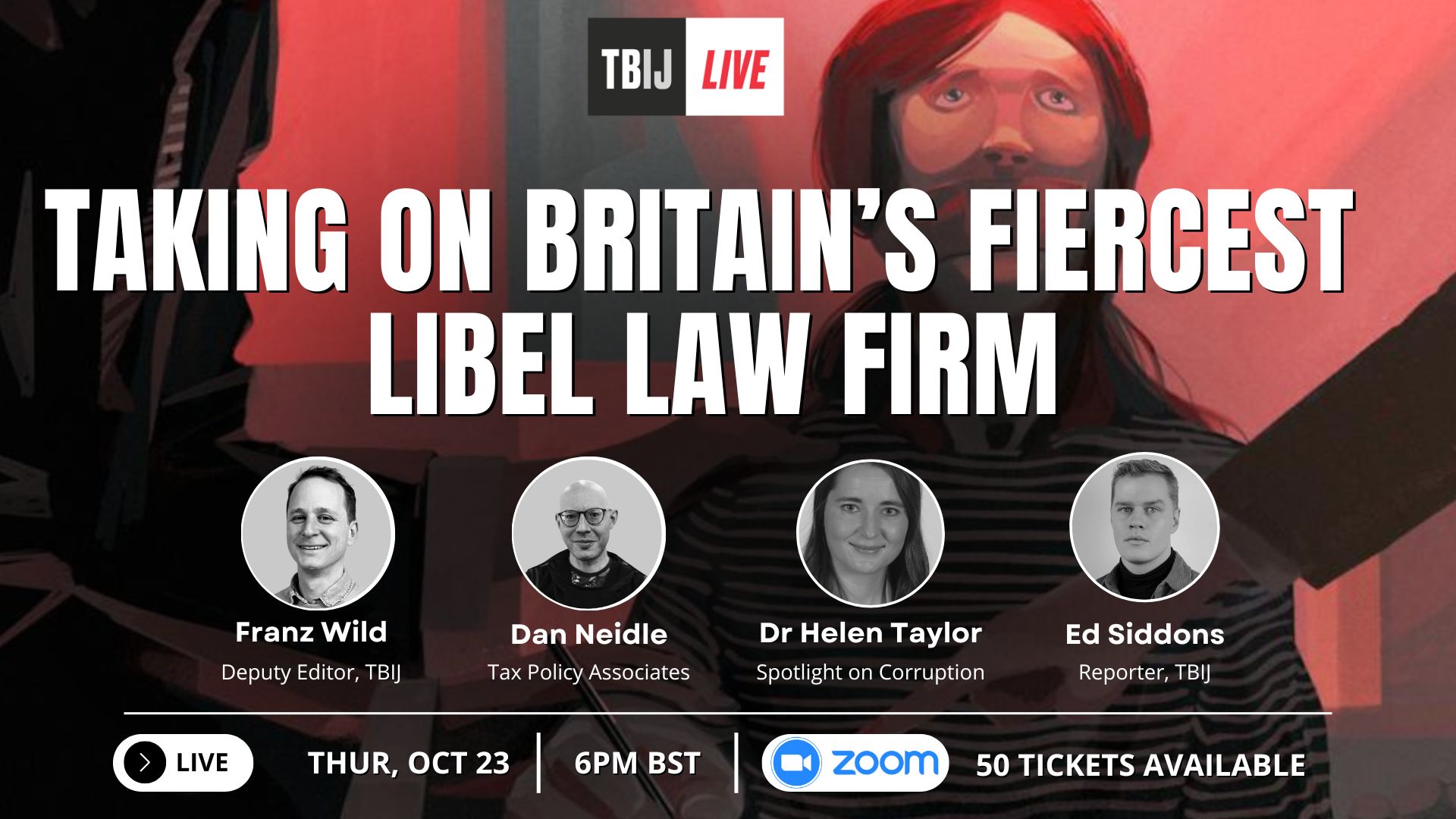
“We’re still in a ‘wild west’ situation where essentially anything goes, both with social media and now with the rise of generative AI.”
Hi {{ First name | there }},
Do you remember foot-and-mouth disease? In 2001, six million farm animals were slaughtered to contain the deadly animal virus, costing the UK economy £8bn. I vividly recall reporters gravely narrating over TV images of burning cattle carcasses like they were covering a grim war on livestock.
We learnt from it, of course. How could we not? The rapid spread of foot-and-mouth was in part linked to cows, sheep and pigs being shunted around to market for trading or to slaughterhouses. So part of the solution was a better system to track the movement of livestock, making it easier to follow and cut off another outbreak.
But better rules don’t mean much if we don’t stick to them. The health and environmental threats of our increasingly industrial farming are all too obvious, so we dug into the issue.
And what do you know? We found that traceability rules had been breached thousands of times, creating a serious risk of disease. The incidents we uncovered involved nearly 165,000 farm animals over ten years, including almost 140,000 cattle. In other words, 140,000 cows had gone missing!
That’s particularly worrying given the UK is already facing an outbreak of bluetongue virus that emerged at Welsh cattle farms last month.
We took our findings to Hugh Pennington, a professor at Aberdeen University, who led two government enquiries into E.coli outbreaks linked to contaminated meat. He said the current tracing system is clearly “very inadequate”.
He added: “Foot-and-mouth disease remains something to worry about because of its economic impact. Viruses evolve in real time and surveillance is key if we want to avoid having nasty surprises.”
Stories like this are hard to come by. Mainstream media outlets don’t spend time digging into the realities of industrial farming. They don’t monitor the less than glamorous government agencies that are supposed to keep us safe from health and environmental risks.
Which is why our reporter Andrew Wasley, who led on this story, is so good. He’s got sources everywhere and gets tips no one else would. That’s how we keep the government accountable.
If you want to support that kind of journalism, please become an Insider!
Factchecked!
Each week we reveal a fascinating fact from our reporting…
Did you know?
It’s not a crime to own a childlike sex doll in the UK.
Find out more
Crown Prosecution Service guidance suggests that someone could be breaking the law by importing or selling (or intending to sell) such an item, or by sending it in the post.
Still, disturbing sex dolls were being advertised on Facebook by a group of websites selling small dolls with overtly childlike features. The ads stayed live for weeks despite the platform prohibiting posts depicting or supporting the sexual exploitation of children – including dolls.
Read more here.
The rubble of Gaza is an environmental crisis
As we wait to see if the peace deal in Gaza holds, it would be easy to think the threats to Palestinians have ebbed. But as Gazans start to rebuild their long-held family homes from the rubble those houses have been reduced to, other risks are emerging.
Asbestos, for one. Contaminated water, for another. The environment of Gaza has been shattered. Basic infrastructure – including the power grid, sewer lines and clean water supply – has been destroyed. And the attempts to clear the rubble and rebuild will be hampered by unexploded bombs and grenades, before we even get to the threat posed by older building materials that have crumbled into dangerous, carcinogenic dust.
The destruction, according to a report released by the Arava Institute for Environmental Studies, is “unparalleled”.
The institute is a research centre focused on cross-border cooperation in the Middle East. One of the authors of its report, David Lehrer, told TBIJ: “Gaza’s farmland has been decimated, and sewage seeps into the soil, polluting shared groundwater and setting the stage for outbreaks of waterborne disease that could spread beyond Gaza’s borders.”
Racists cash in with AI slop on TikTok
This week TikTok removed more than 20 videos after we told the company about racist AI-generated content its users were posting to gain followers and even make money.
One video showed small boats (presumably crossing the Channel) being threatened with a rocket launcher. It had racked up almost 8.5m views.
Another clip with almost half a million views showed soldiers on a beach shooting out to sea while a voice shouts: “Fire at will! Target that dinghy!” The user who’d posted the fake clip also ran a shop on TikTok, selling iPhone accessories and walkie talkies. They would have received a cut, usually up to 20% of each sale.
TikTok has policies banning violence and hate speech, but it’s clearly unable to keep it off the platform. As generating realistic video with AI becomes easier and cheaper, holding back the tide of racist content is going to require even stronger efforts, not the lax moderation we found.
A reminder: next week I’m hosting our panel event on Carter-Ruck and the murky world of reputation management. I’ll be sitting down with Dan Neidle (founder of Tax Policy Associates), Dr Helen Taylor (from Spotlight on Corruption) and our very own senior reporter Ed Siddons to chat about the law firm’s reckoning.
Join us on Thursday October 23 on Zoom.
What we’ve been reading
🔴 An intense undercover investigation has revealed a surveillance system that’s tracked celebrities, journalists, world leaders and perfectly ordinary people alike motherjones.com
🔴 The leaked Telegram conversations of young Republicans show them joking about rape, slavery and gas chambers, amid other explicitly racist conversations politico.com
🔴 Dozens of former council homes sold under Right To Buy have since been bought back local authorities – usually at a massive loss bigissue.com
🔴 Trump’s family businesses have made $1bn from cryptocurrency as his administration has pushed policies that boost the industry ft.com
Thanks,
Franz
Franz Wild
CEO & Editor-in-Chief

ADVERTISEMENT
Looking for unbiased, fact-based news? Join 1440 today.
Join over 4 million Americans who start their day with 1440 – your daily digest for unbiased, fact-centric news. From politics to sports, we cover it all by analyzing over 100 sources. Our concise, 5-minute read lands in your inbox each morning at no cost. Experience news without the noise; let 1440 help you make up your own mind. Sign up now and invite your friends and family to be part of the informed.







